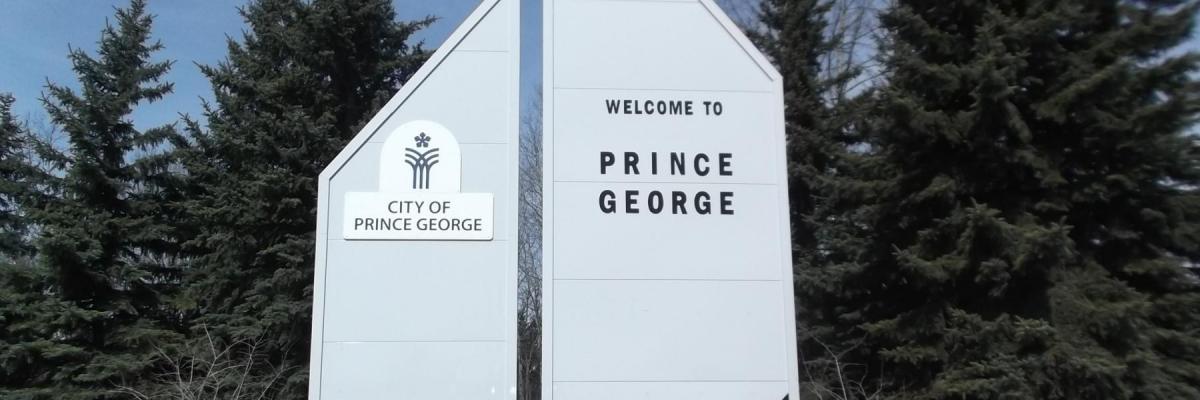(Lheidli T’enneh Territory, Prince George, BC) — The BC Assembly of First Nations (BCAFN) announces two troubling reports concerning enforcement of the City of Prince George’s Safe Streets Bylaw (No. 9209). The City adopted the Bylaw on August 30, 2021, despite clear opposition from First Nations leadership, local service providers, and other key advocates.
Experiences With Bylaw in Prince George comprises exploratory qualitative research documenting the experiences of de-housed and precariously housed residents under the Safe Streets Bylaw. Move On: The First Ninety-Nine Days of the City of Prince George Safe Streets Bylaw outlines an analysis carried out by Dr. Joe Hermer, chair of the Department of Sociology at the University of Toronto. Dr. Hermer carried out a preliminary examination of 427 ‘workflow’ files or bylaw enforcement events identified by City staff as resulting from the new Bylaw.
“The findings of these reports demonstrate a dire and unacceptable situation on the streets of Prince George,” stated Regional Chief Terry Teegee. “To put it simply, this research has confirmed our assertions that the Safe Streets Bylaw would be harmful and discriminatory toward unhoused and housing insecure individuals, most of whom are First Nations. As we have expressed from the onset, this bylaw is counterproductive, cruel, and inherently racist.”
Both reports detail troubling results with regard to how the bylaw is enforced, indicating that the prevalent use of informal tactics, such as verbal exchanges rather than formal tickets, fosters a systemic lack of accountability and transparency. Furthermore, the reports confirm that the Bylaw is endangering the lives of de-housed and precariously housed individuals rather than making Prince George safer for all residents, as the City pledged last summer.
“Over the past year, we’ve witnessed the tragic confirmations of thousands of Indigenous children’s graves at Canadian residential schools,” continued Regional Chief Teegee. “And yet, settler governments continue to dismiss the ways intergenerational trauma impacts our communities and plays a role in homelessness, the illicit drug poisoning crisis, and other issues unfolding on the streets. It’s all connected. Punitive, short-sighted policies like the Safe Streets Bylaw simply exacerbate the situation and prolong the crises.”
These reports arrive at the heel of the City of Prince George’s latest defeat in the Supreme Court of British Columbia, in which the City was denied its second injunction application to dismantle an encampment. In addition, the City was found in breach of the October 2021 Stewart Order when City staff demolished several encampment residents’ shelters and possessions.
The BC Assembly of First Nations maintains an urgent call for governments to support First Nations to address homelessness amongst both on and off-reserve with evidence-based and trauma-informed approaches. Furthermore, the BCAFN urges the City of Prince George to work in good faith with First Nations, service providers, and other key community partners to secure adequate housing for the most vulnerable and marginalized members of our society.
Read the full reports here:
'Move On' - The First Ninety-Nine Days of the City of Prince George Safe Streets Bylaw
Experiences with Bylaw in Prince George
The BC Assembly of First Nations will be holding a News Conference to discuss these reports.
News Conference Details:
Where: Carrier Sekani Tribal Council, top floor
1460 6 Ave, Prince George, BC
When: March 21, 2:30pm
Zoom registration: https://us06web.zoom.us/webinar/register/WN_L_43Lt4ETZ2Ak_8qC_TQkA
For more information, please contact:
Andreas Krebs
akrebs@resonantstrategic.ca
(416) 669-3459
Photograph by Andybremner2012, distributed under a CC-BY-4.0 licence
